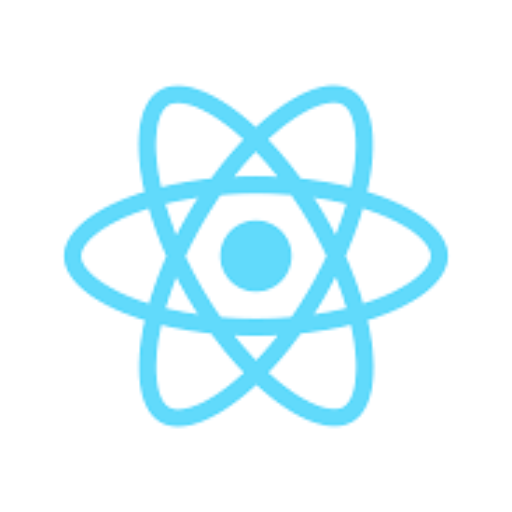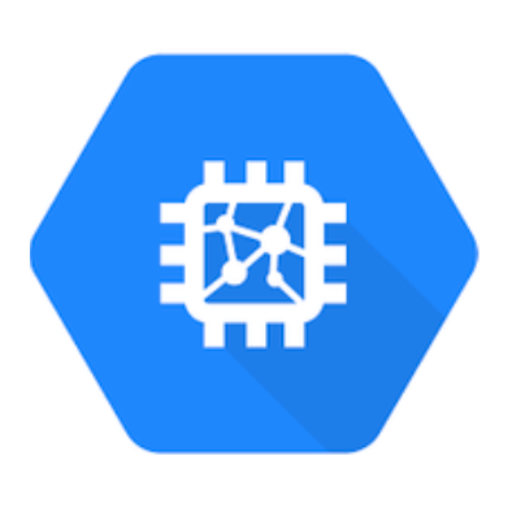Relevance AI-AI-powered tool builder.
AI-Powered Tools, Zero Code Required.
How can I use RelevanceAI's for my GPT?
How can I use custom actions from Relevance?
Demonstrate how to use a Schema/API
Related Tools
Load More
React AI
Your React companion.

Research AI
Ask me about any company, topic, or person and I help you research them (web powered)

Public Relations AI
Your dynamic AI companion for mastering public relations. Public Relations blends AI insights with practical strategies for effective communication and brand management. Engage with a tool at the pulse of modern PR.

eXeL AI
AI & business guide for AI education and development

Personal Intelligence Agency
Expert in geopolitics, economy, and technology intelligence updates. Your own intelligence agency responsive to any question.

Leonardo AI
Adaptable AGI polymath, blending logic with creativity for deep, enriched scientific insights.
20.0 / 5 (200 votes)
Introduction to Relevance AI
Relevance AI is a low-code platform designed to integrate large language models (LLMs) like GPT into business workflows, enabling the creation of AI agents, apps, and automations without requiring extensive coding knowledge. The platform allows users to build and deploy AI-powered tools and agents within minutes, making it accessible to low-code users who aim to innovate rapidly. Its flexibility extends to multi-provider LLM support, easy deployment, and features like a built-in vector store for text storage and retrieval. For example, Relevance AI allows businesses to build a question-answering agent that pulls information from company documentation. In less than two minutes, a user can create a PDF Q&A application using the platform’s intuitive interface. This is ideal for companies needing rapid automation and customization without a steep learning curve.

Main Functions of Relevance AI
AI Agents
Example
A sales team can create an agent named 'Sales Rep Sean' to automate customer outreach. This agent can research companies, draft personalized emails, and even use pre-configured tools like LinkedIn lead enrichment.
Scenario
Sales agents can be empowered by tools like LinkedIn search or document parsing, allowing them to perform automated tasks like generating leads, following up on contacts, and sending personalized emails based on detailed data analysis.
Custom Tools
Example
A marketing team could build a tool that analyzes customer feedback from surveys and categorizes responses for further action.
Scenario
In a real-world scenario, a marketing department could upload a CSV of survey results and use Relevance AI’s text analysis tools to classify feedback (e.g., positive, negative, neutral) and identify common themes for product improvement.
LLM-powered Analysis
Example
A research team can use a tool to automatically summarize lengthy research papers uploaded as PDFs.
Scenario
In a research setting, users could upload academic papers in PDF format and use the platform’s LLM-powered summarization tool to extract key findings, significantly speeding up the review process for large documents.
Ideal Users of Relevance AI Services
Low-code Developers
These users are proficient in basic programming or no-code environments and want to build AI applications quickly. They benefit from Relevance AI’s ability to streamline AI workflows without deep technical expertise, allowing them to focus on business logic rather than infrastructure setup.
Business Analysts and Research Teams
These professionals need to automate data analysis, summarize documents, or gain insights from large datasets. Relevance AI offers them customizable tools to streamline these tasks without needing a technical background. They can upload files like CSVs, PDFs, or audio files and have the system automatically extract insights.

How to Use Relevance AI
1. Visit aichatonline.org for a free trial without login.
Access the Relevance AI platform by visiting aichatonline.org, where no login or ChatGPT Plus is needed for a free trial. This gives you a quick introduction to its capabilities.
2. Select a Template or Create a Tool
Start by either selecting from available templates or building your own tool. Templates are pre-built tools designed for common use cases, while custom tools allow for advanced configurations with LLM-powered workflows.
3. Add Knowledge and Inputs
For custom tools, add knowledge (data the model may not already know) and specify the inputs. Inputs can be a question, text, or dataset (CSV, PDF, etc.) that the tool will process.
4. Configure Tool Steps
Use tool steps like the Large Language Model (LLM) component or custom actions for analyzing the inputs. You can select from pre-built models like GPT or Cohere and write prompts to guide the analysis.
5. Deploy or Share the Tool
Once built, you can either run the tool instantly or share it with your team via a URL. Relevance AI offers options to run the tool on a single sample or in bulk across datasets.
Try other advanced and practical GPTs
TutorEva | Homework Help for All College Subjects
AI-Powered Assistance for Academic Success

Mozilla TTS Expert
AI-powered text-to-speech for everyone.

Wordpress Development Questions
AI-powered WordPress development support.

Interview Questions
AI-powered Interview Questions for Success

Rails Programmer
AI-Powered Rails Development Assistant

Graphics Programmer
AI-powered Graphics Programming Support

Pubmed
AI-Powered PubMed Search Tool for Medical Research

PubMed Article Search Assistant
AI-Powered Precision for PubMed Searches

PubMed Explorer
AI-Powered Insights for Medical Research

PubMed Explorer
AI-powered medical research discovery tool.

PubMed, Web of Science, & UPDF Navigator
AI-powered research and data management tool

PubMed GPT
AI-Powered Research and Analysis Tool

- Data Analysis
- Customer Support
- Content Generation
- Process Automation
- Report Summarization
Common Q&A about Relevance AI
What is Relevance AI?
Relevance AI is a low-code platform designed to help users build and deploy LLM-powered tools, co-pilots, and agents quickly. It allows for seamless integration of models like GPT into workflows for automation and advanced data analysis.
Can I create custom AI tools without coding?
Yes, Relevance AI offers a low-code environment where you can build custom tools without programming knowledge. By leveraging pre-built templates or customizing workflows, you can design AI-powered tools tailored to specific use cases.
What types of data does Relevance AI support?
Relevance AI supports a wide variety of data formats including PDFs, CSVs, audio, and web content. It also integrates with third-party sources like YouTube, Zendesk, and Figma to provide a comprehensive data analysis experience.
How does Relevance AI handle large datasets?
For large datasets, Relevance AI offers bulk-run capabilities where tools can be applied to all entries in the dataset. This makes it efficient for tasks like summarization or tagging across multiple records simultaneously.
What is the role of agents in Relevance AI?
Agents are AI assistants that perform tasks based on LLMs and the tools you equip them with. Agents can be instructed and equipped with skills (tools) to address specific business challenges, making them versatile co-workers in automation.